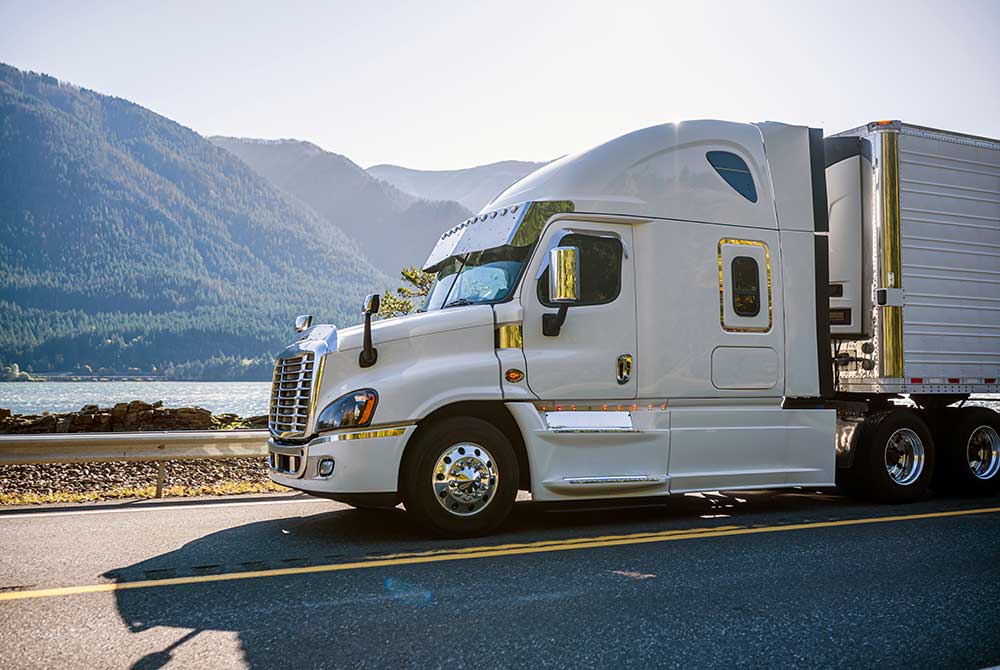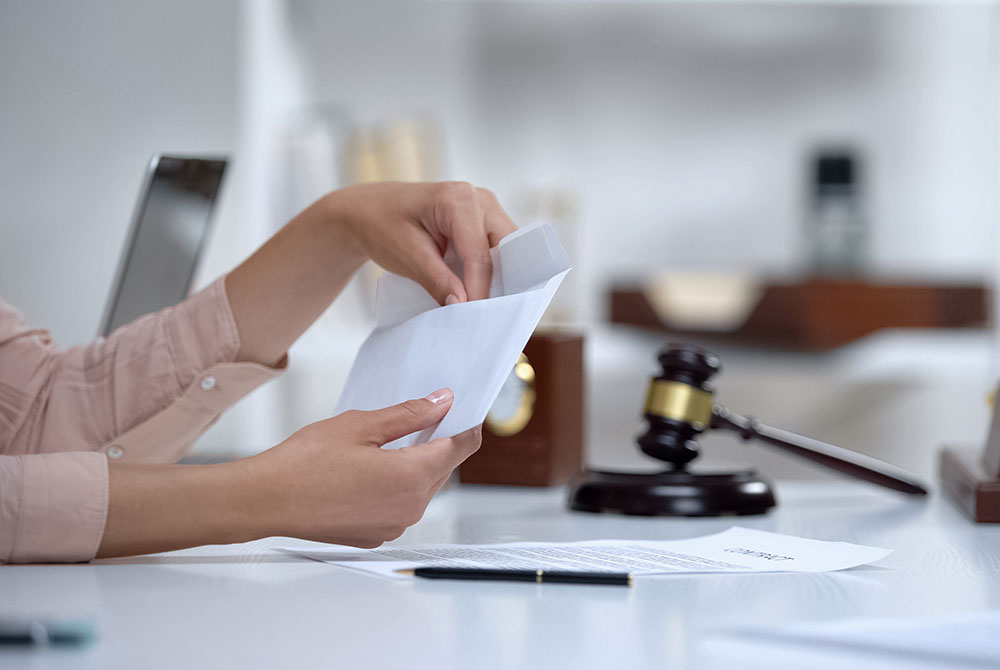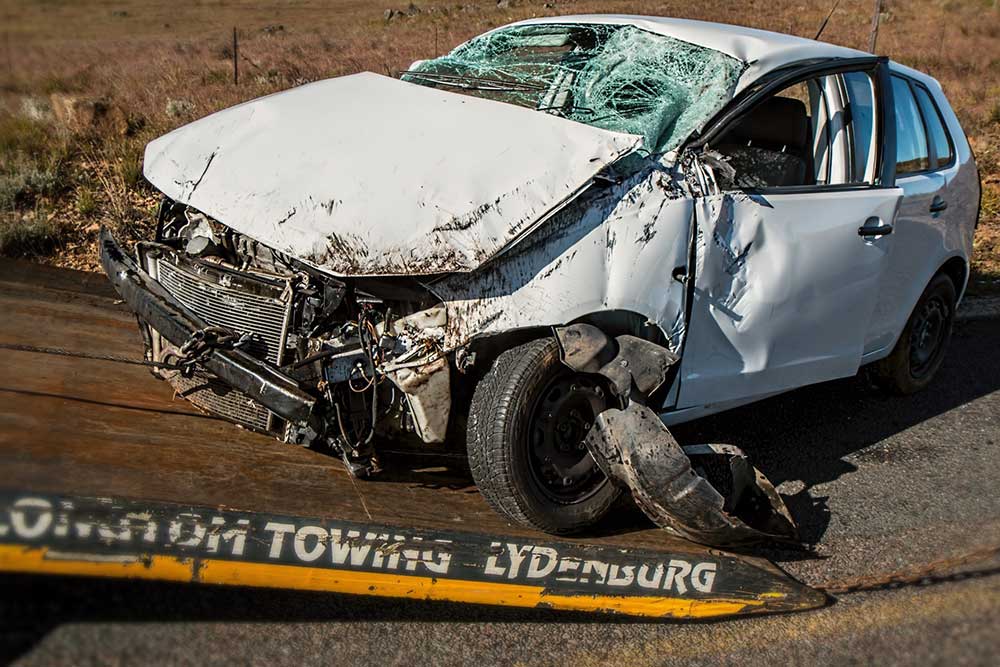
After a truck accident, your first priority should be safety and well-being. Call 911 to get emergency services on the scene, and seek medical attention even if you don’t think you’re injured. Take photos of the accident scene and exchange contact information with everyone involved. Avoid admitting fault, and consider reaching out to a truck accident lawyer for legal guidance.
Hearing the loud screech of brakes and then a truck crashing into something can leave anyone feeling scared and lost. It may not always be clear how to react and what to do after a truck accident.
In this article, we share the critical steps that truck accident victims should take. There are things you need to take care of immediately — these are your top priority for staying safe. After that, there are other actions you can handle a little later; they help protect your health and rights in the long run.
- Call 911
- Seek Medical Attention
- Take Pictures of the Truck Accident
- Exchange Information with Other Involved Parties
- Talk to Witnesses
- Don’t Admit Fault or Liability
- Get a Free Case Evaluation
- Don’t Fix Your Vehicle
- Go to the Hospital
- Contact an Experienced Truck Accident Lawyer
- 30-Day, Risk-Free Guarantee
Call 911
Your first step should be to call 911. Even if the traffic incident looks minor or someone tells you they already called, it’s best to do it yourself.
No matter whether someone has been injured or not, it’s important to have emergency services come to the scene and a police officer document the incident in an accident report. This is crucial for both everyone’s immediate safety and your future cooperation with the insurance company.
When you talk to 911, stay calm and let them know exactly where you are. Mention street names, highway signs, or nearby landmarks so the emergency crew can find you fast.
An operator will want to know some key details about the truck accident: how many cars are involved, if anyone’s injured, if the truck was carrying dangerous materials, or if vehicles are blocking traffic. If there are any dangers like leaking fuel or smoke, mention this so the operator can send the right kind of help, whether it’s police, fire trucks, ambulances, or special teams for hazardous materials.
You may need to listen closely to the operator because they might have important safety instructions for you to follow. If the accident scene has occurred in a dangerous location, like a dark road with poor visibility, they can provide guidance on how to stay safe until help arrives.
The police officers will investigate the scene and create an official police report, which will involve all the key information. They will provide an unbiased account of how the accident happened, which is a significant piece of evidence for any truck accident claims.
Seek Medical Attention
Your health should be the number one concern on your mind after a truck crash. So, check in with yourself as soon as possible to make sure you aren’t bleeding and that it’s not hard to move. If everything is alright, pay attention to your passengers and anyone else involved in the crash.
Your body might be in high-alert mode and hiding some pain because of adrenaline, so it’s always a good idea to get checked out by a medical professional despite feeling well. So, the next step is to call for an ambulance for immediate medical attention if you haven’t already or ask someone else to do it if you’re unable to. If your neck or back hurts, don’t try to move until the ambulance arrives.
Plus, doctors will create records of your injuries, which could be useful later for your truck accident attorney to strengthen your case.
Take Pictures of the Truck Accident
If you can move freely, take photos of the accident scene. Clear pictures will show exactly what happened, which is very helpful when you’re going to discuss the crash with the other driver’s insurance company and your truck accident lawyer. It’s always good to take several photos from different angles and distances.
Here’s what you should photograph:
- The whole accident scene from a distance and up close, capturing where all vehicles are located, any road signs, traffic lights, and the road or weather conditions
- Any tire marks on the road and scattered vehicle pieces
- Vehicle damage, including every dent, scratch, and broken part, taken from various angles to show both small and big damage
- If it’s an Amazon truck accident or any other corporate vehicle, capture its DOT number, company name, license plate, and any warning signs about dangerous cargo
- Any injuries you or your passengers have, including damaged clothing that shows the location of an injury (only if the injured person allows you to take pictures of them)
- Conditions that could have contributed to the truck accident, like roadwork, malfunctioning traffic lights, or poor road conditions
- Any security or traffic cameras nearby that could’ve recorded the accident
- Insurance cards and the truck driver’s licenses (again, if they let you take pictures of these).
Exchange Information with Other Involved Parties
Next, it’s time to gather contact details from everyone involved in the accident. Find a moment to speak with the truck driver and other accident participants.
Here’s what you need from the truck driver:
-
Full name
-
Phone number
-
Home address
-
Driver’s license number
-
Insurance information
The trucking company information is just as important. Write down the company name, address, and phone number.
Other drivers, if there are any, will need to share their information, too. Their names and phone numbers, along with any passengers’ details, could be valuable later.
If anyone seems upset or refuses to share information, wait for the police so they can collect all the details instead.
Talk to Witnesses
It’s important to talk to witnesses quickly. Most people don’t want to stay at an accident site for long, so you need to find them before they leave. You can simply ask if they saw what happened. If they did, their point of view could make your claims stronger.
These witnesses could be other drivers who stopped, people walking by, or workers from nearby stores. Witnesses may notice details that photos and footage may not capture. For example, whether the truck driver was looking at their phone while driving, if the truck’s lights were working properly, or how fast the vehicles involved were going.
When someone agrees to be your witness, you’ll need their contact details, like name, phone number, and email address. You might also ask if they’d mind recording a quick statement on your phone. Some witnesses might have even taken pictures or videos of the accident, which could be very helpful for the insurance claim or legal process, too.
Don’t Admit Fault or Liability
After a collision, some people feel the need to apologize, even when they did nothing wrong. While it seems polite, these several words could cause big problems later. Even if you just mean you’re sorry for what happened, others might think that you accept the blame for the accident.
Thus, during conversations with the truck driver or other drivers involved, it’s good to stay polite yet neutral. Just like in legal TV shows where people say, “I won’t discuss anything without my lawyer,” this is indeed the smartest approach after an accident.
Insurance adjusters and Worcester personal injury lawyers are quite attentive to what people say right after a crash. They tend to rush the settlement and might use your words against you to minimize compensation.
Even if you think you might have caused the accident, it’s better to wait for a proper investigation. Let the police, doctors, accident experts, and your truck accident lawyer determine the facts.

Get a Free Case Evaluation
Don’t Fix Your Vehicle
So, a truck hits your car, and you probably want to fix it immediately and move on. However, your damaged car is actually essential proof of what happened in the crash.
All the dents, scrapes, and broken parts tell the story of the truck accident. An insurance adjuster and a crash expert need to see this damage with their own eyes. They examine how deep the dents are, where the car got hit, and what parts broke. If you repair your car too quickly, you might destroy evidence that could help you get fair compensation.
Even if your insurance company confirms you can fix your car, it’s better to wait until you’ve talked to an experienced truck accident attorney. Let everyone take all the pictures and do all the inspections they require first.
Go to the Hospital
Sometimes, the truck collision can cause severe injuries that you might not notice right away, like concussions or back issues that can take hours or even days to show up. That’s why it’s vital to see a doctor once again after you resolve all the immediate problems.
Medical treatment serves two core purposes: protecting your health and creating an official record for your truck accident lawsuit or claim. Without full medical evaluation, insurance companies might later argue that your injuries aren’t related to the accident and existed before.
So, follow your doctor’s instructions and save all medical documents, like bills, prescriptions, and treatment plans. This is a clear trail that reflects how the car accident affected your health and the costs of your treatment.
Contact an Experienced Truck Accident Lawyer
After a truck accident, insurance companies often rush to provide reimbursement right away. This offer might seem tempting when you’re worried about medical bills and car repairs. But let’s pause and think about this carefully.
Consider everything this accident has cost you. There are the obvious expenses, like your medical bills and car repairs. But what about the doctors’ visits you might need later, the work days you’ll miss while recovering, and the daily tasks that are now harder to do? Not to mention the stress that came with the truck accident or the potential emotional trauma.
Truck accidents are much more complicated than collisions involving only passenger cars. There are usually several parties involved: the truck driver, the driver’s employer, the mechanics, and sometimes the people who load the cargo. Each has their own insurance and lawyers who protect their interests. You need a truck accident attorney protecting yours, too.
Let our skilled team handle the legal challenges. Based in Boston, Massachusetts, Michael Kelly Injury Lawyers have helped many people secure financial recovery for their losses after trucking accidents.
Even if you felt overwhelmed and couldn’t gather all the evidence right after your truck accident, we can help. Our team will use their extensive expertise and negotiation skills to recover fair compensation for you.
Contact us today for a free consultation! If you’re not completely satisfied with our representation during the first 30 days, you can take your case file back at no cost.






